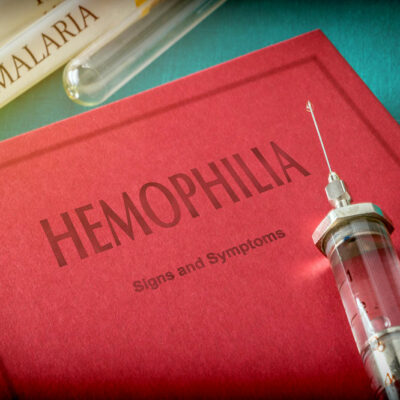
ADHD – Symptoms, Risk Factors, and Management
Attention deficit hyperactivity disorder, better known as ADHD, is a mental health condition that can cause hyperactivity and impulsive behavior in both adults and children. In this article, we briefly discuss some of the signs, causes, and management tips for ADHD.
Symptoms
Some of the common symptoms of ADHD are:
- Difficulty focusing or concentrating on a task
- Forgetting to complete tasks
- Getting distracted easily
- Not being able to sit still
- Interrupting others when they are talking
The symptoms of ADHD exhibited by an adult or child with this condition are also dependent on the type of ADHD they have been diagnosed with.
Risk factors
The exact cause of this condition is unknown; however, experts believe that a few of the below-mentioned factors can lead to the development of ADHD:
- Reduced levels of dopamine
Dopamine, a chemical found in the brain, helps signals to get transferred from one nerve to another. It helps to trigger emotional responses and movements. According to research, a reduction in the level of dopamine could lead to ADHD. - Less gray matter
Some studies have found that people with ADHD have less gray matter in the brain. Gray matter is found in the areas of the brain that are responsible for speech, decision-making, muscle control, and self-control. - Exposure to environmental toxins
Lead found in the pipes of older buildings could also be a risk factor for ADHD, among many others. - Alcohol and smoking
The use of alcohol, drugs, and cigarettes, especially during pregnancy, can lead to the development of ADHD in the baby. - Family history
In some cases, having a close blood relative, such as a parent or sibling with ADHD or other mental conditions, can also increase the risk.
Management tips
Let us now take a look at a few effective management tips for ADHD. In addition to medication and behavioral therapy, here are a few ways to cope with the condition:
- Setting a routine can be beneficial for both adults and children with ADHD, as it helps to lend more structure to the day.
- Using calendars or timers can act as useful reminders to perform daily chores and tasks.
- Eating a healthy, balanced diet provides the body and brain with essential nutrients to function properly. Avoiding packaged foods that contain additives, dyes, and preservatives is important.
- Engaging in physical activity for at least 60 minutes a day can help calm an overactive mind and relieve symptoms of ADHD. Adults with this condition can perform techniques, such as yoga and tai chi, in addition to spending time outdoors.
- Getting adequate sleep is essential as lack of sleep can result in inattention and hyperactivity. Hence, avoid stimulants such as sugar and caffeine, and avoid using digital screens before bedtime. Setting a bedtime schedule can be especially useful for children with ADHD.
- Limiting the use of phones, computers, TV, and other digital screens helps reduce distraction and increase focus on a particular task.
- Rewarding good behavior and ensuring that bad behavior has consequences can be helpful to manage children with ADHD.
Now that you are aware of the signs, causes, and management tips for ADHD, you can manage your or your child’s condition more efficiently.


